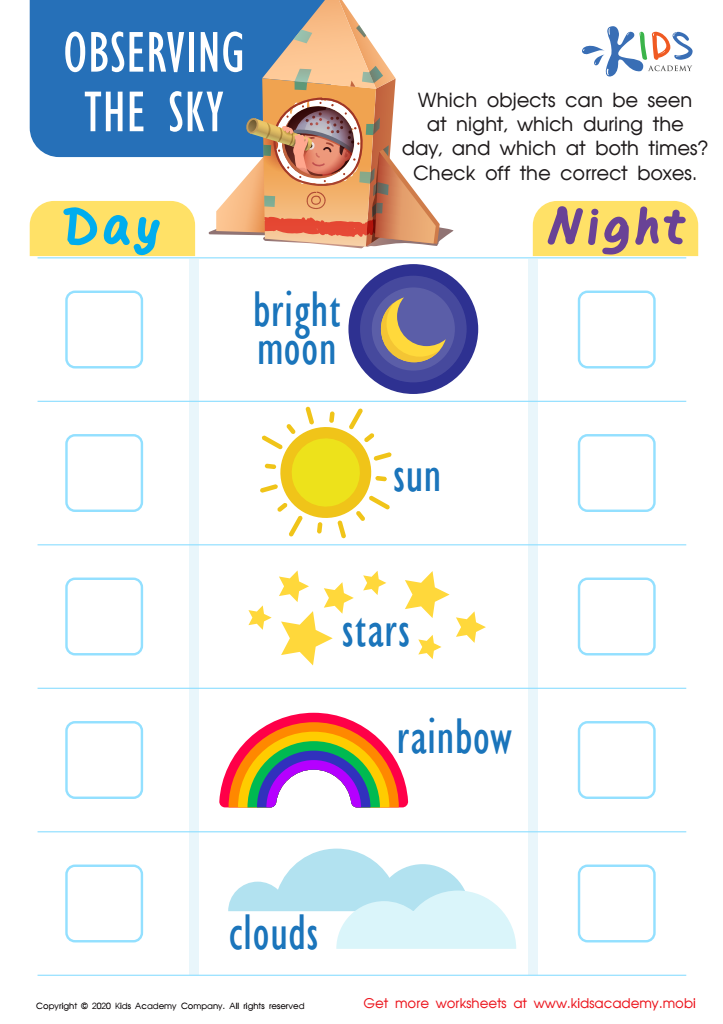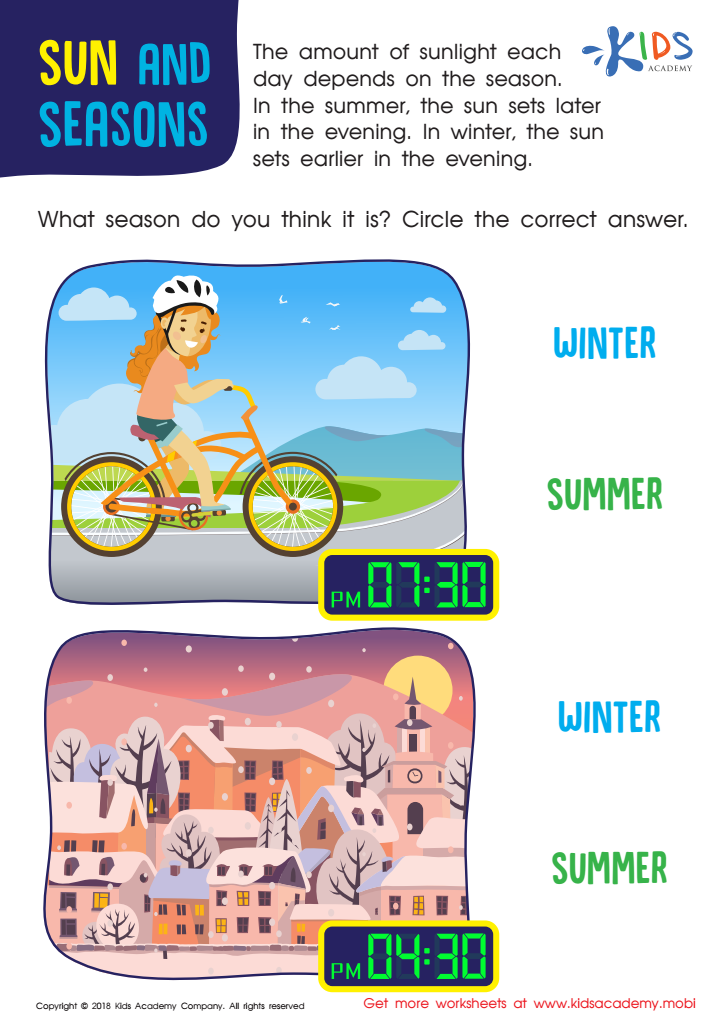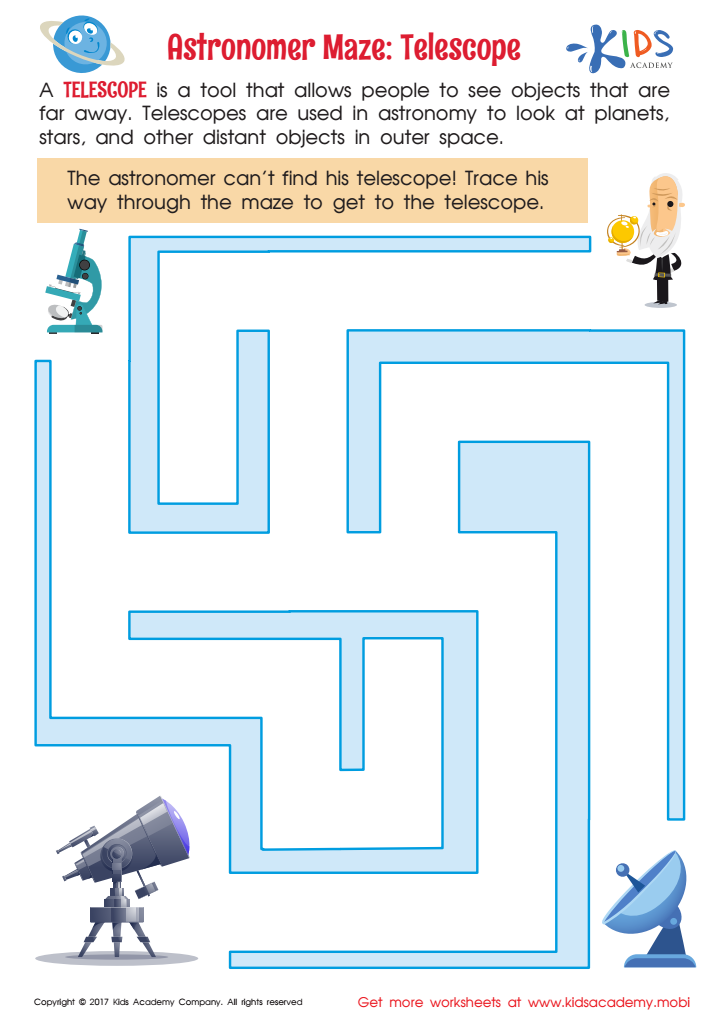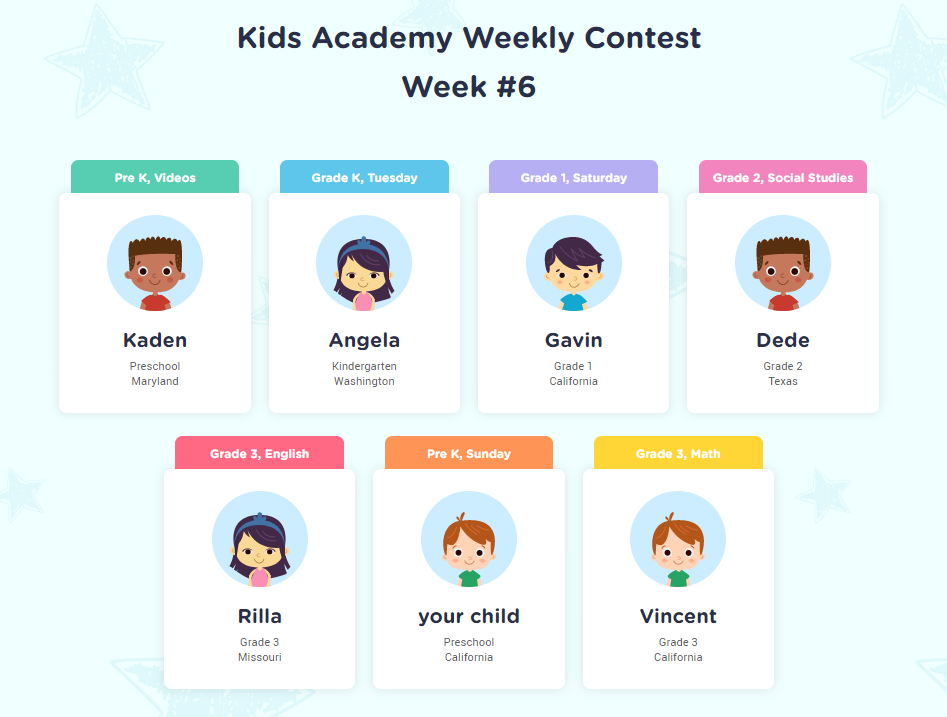Basic astronomy knowledge Worksheets for Kids
3 filtered results
-
From - To


Observing the Sky Worksheet


Sun and Seasons Worksheet


Astronomer Maze: Telescope Worksheet
Question/Answer
Why is the Basic astronomy knowledge skill important for Grade 1 students?
Basic astronomy knowledge is important for Grade 1 students because it lays the foundational understanding of the universe, fostering curiosity and wonder about the world beyond Earth. It introduces basic concepts about the sun, moon, stars, and planets, encouraging early scientific thinking and awareness of the natural world, which is crucial for cultivating a lifelong interest in science and exploration.
How does the mastery of the Basic astronomy knowledge skill affect a student's performance at an early age?
Mastery of basic astronomy knowledge at an early age positively impacts a student's performance by enhancing their curiosity, critical thinking, and understanding of scientific concepts. It fosters a sense of wonder about the universe, encourages analytical skills through observation and questioning, and lays a foundational understanding of Earth's place in space, promoting a broader comprehension of science and technology.
How to test a Grade 1 student’s Basic astronomy knowledge skills?
To test a Grade 1 student's basic astronomy knowledge, use simple, age-appropriate questions and visual aids. For example, ask them to name planets in our solar system, identify the Moon and the Sun, and describe day and night. Incorporate picture cards, models, or drawings to help them express their understanding visually, which is effective at this developmental stage.

 Assign to My Students
Assign to My Students





















